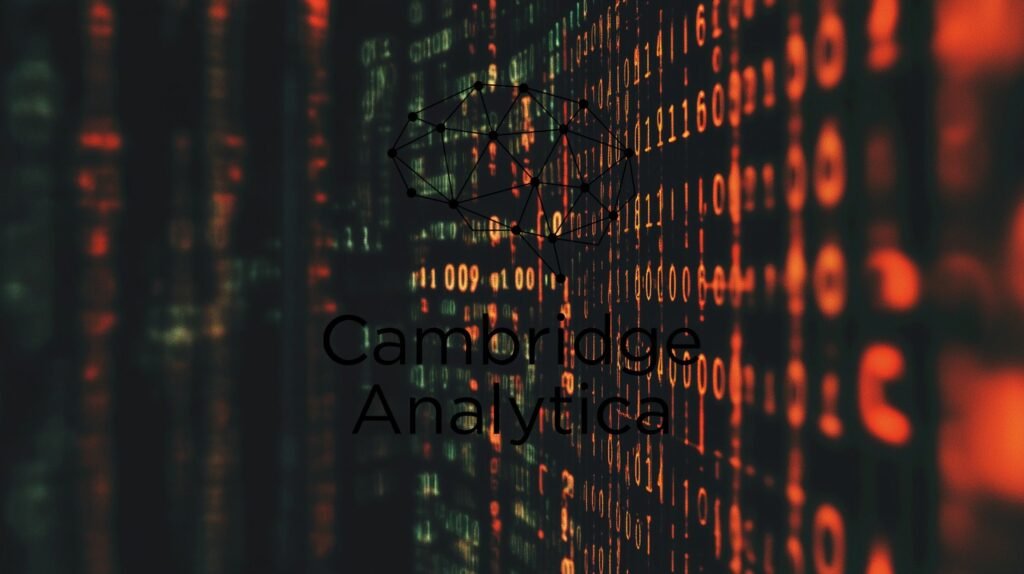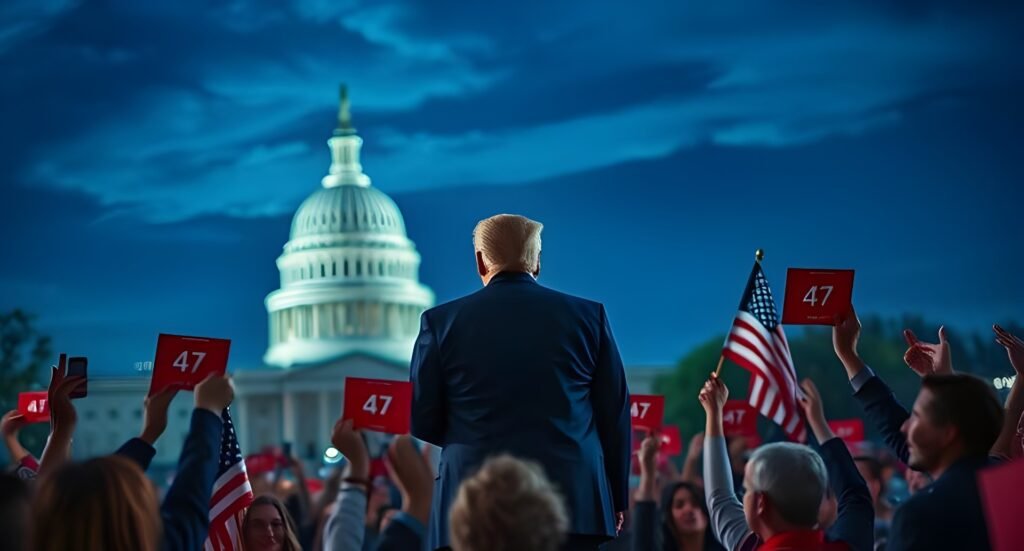|
Getting your Trinity Audio player ready...
|
The Cambridge Analytica scandal stands as one of the most significant breaches of data privacy and electoral integrity in modern history. This British political consulting firm, which claimed to specialize in data-driven election strategies, was at the heart of a global controversy involving the illicit harvesting of Facebook user data to manipulate voter behavior. The scandal gained even more public attention when Netflix released the documentary The Great Hack, which delves into the firm’s operations and its profound impact on democracy.
What Was Cambridge Analytica?
Cambridge Analytica was a British political consulting firm that specialized in data analytics and strategic communication. Founded in 2013 as an offshoot of the larger SCL Group, the company positioned itself as a pioneer in using big data and psychological profiling to influence political and commercial outcomes. It gained notoriety for its involvement in several high-profile political campaigns, where it leveraged personal data to craft targeted messaging aimed at shifting voter behavior.
The Mechanics Behind Cambridge Analytica
At its core, Cambridge Analytica leveraged psychological profiling techniques to target voters with precision. The company collaborated with Aleksandr Kogan, a data scientist at the University of Cambridge, who developed an app named “This Is Your Digital Life.” Marketed as a personality quiz, the app collected personal data from those who installed it. However, due to Facebook’s lax data-sharing policies at the time, the app also gathered data from the friends of users, ultimately amassing profiles of over 87 million people without their explicit consent.
Using this data, Cambridge Analytica employed sophisticated algorithms to categorize individuals based on their psychological traits, political leanings, and behavioral tendencies. The firm then crafted hyper-targeted advertisements, aiming to sway public opinion and influence voter decisions in key elections.
Who Used Cambridge Analytica’s Services to Win Elections?
Cambridge Analytica’s most notable political clients included Donald Trump’s 2016 presidential campaign and the Leave-EU campaign for Brexit. However, its influence extended beyond these two cases, impacting elections worldwide, from Kenya to India, Romania, and Lithuania. The company played a significant role in shaping campaign messaging, using psychographic profiling and highly targeted political advertisements to influence various voter segments effectively.
Investigations reveal that Cambridge Analytica worked closely with Trump’s digital team, spearheaded by Brad Parscale, to refine campaign ads and voter outreach strategies. This data-driven methodology allowed the Trump campaign to identify and target undecided voters with precision, disseminating persuasive content primarily through Facebook.
On the other hand, the Brexit campaign leveraged Cambridge Analytica’s tools to appeal to voter concerns regarding immigration and national sovereignty, further intensifying political divisions.
Beyond Trump and Brexit, Cambridge Analytica also worked with political figures and parties across the globe. In Kenya, it reportedly assisted in the presidential campaigns of Uhuru Kenyatta. In India, it was linked to various political parties aiming to optimize their election strategies. In Romania, it was reportedly associated with the campaign of Klaus Iohannis, using data-driven methods to tailor political messaging. In Lithuania, Cambridge Analytica was also reportedly involved in election strategies, further demonstrating its global reach in political influence. The firm’s reach extended into Latin America and other regions where data-driven political tactics were deployed to sway voter behavior.
Who Benefited, and Who Suffered?
The primary beneficiaries of Cambridge Analytica’s tactics were the political entities that employed their services. Donald Trump secured the presidency in 2016, while the Leave campaign triumphed in the Brexit referendum. These victories underscored the growing power of data analytics in shaping political outcomes.
However, the backlash was severe. In 2018, whistleblower Christopher Wylie exposed the unethical practices of Cambridge Analytica, leading to regulatory investigations and heightened scrutiny of Facebook’s data policies. The scandal resulted in the dissolution of Cambridge Analytica, hefty fines for Facebook, and global debates over privacy, data protection, and election integrity. Mark Zuckerberg, Facebook’s CEO, was summoned before U.S. Congress and the European Parliament to answer for his company’s role in the data breach.
The Dangers of Weaponized Data
The Cambridge Analytica case revealed the vulnerabilities of digital platforms and how personal data could be weaponized for political manipulation. The scandal demonstrated that:
- Data privacy regulations were inadequate: At the time, there were minimal safeguards preventing companies from collecting and exploiting user data without consent.
- Social media platforms became powerful tools for misinformation: With algorithms designed to maximize engagement, social media sites facilitated the spread of targeted propaganda.
- Democratic processes were at risk: If voter behavior can be influenced through psychographic profiling, then the integrity of elections is compromised.

Data Privacy and Political Influence
Since the scandal, governments worldwide have introduced stricter data privacy laws, such as the European Union’s General Data Protection Regulation (GDPR). Social media companies have also revised their policies to limit third-party data access. However, the potential for political manipulation through digital means remains a pressing issue.
As artificial intelligence and machine learning continue to evolve, new threats to election integrity may emerge. While the world has learned valuable lessons from Cambridge Analytica, the fight for transparent and ethical use of data is far from over.
Stay Informed
We will continue to investigate and report on the intersection of technology, data privacy, and political influence. Check in with us daily for updates on this crucial issue, and leave a comment below to share your thoughts. How can we safeguard democracy in the digital age?









